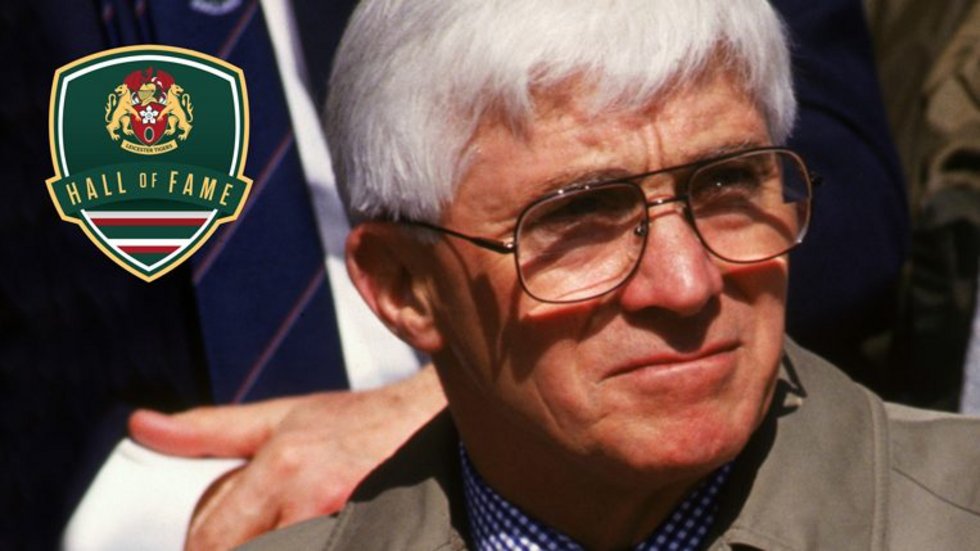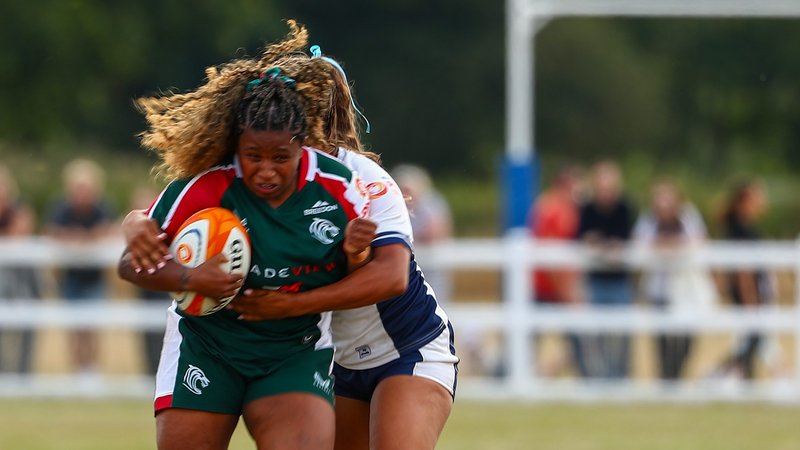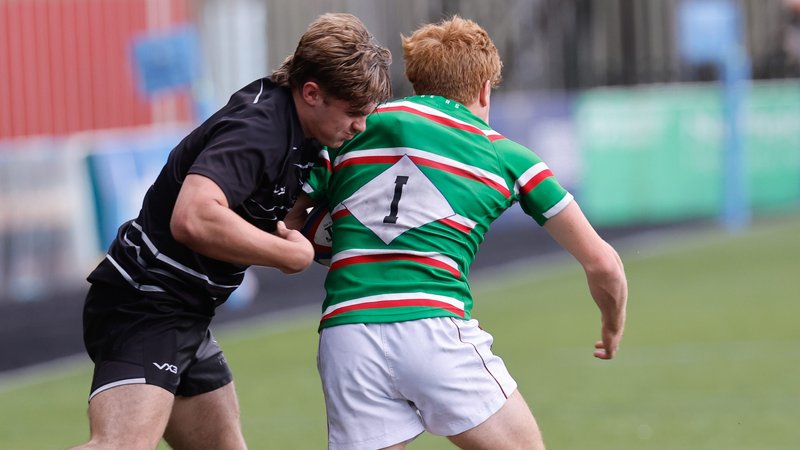In this week's Leicester Tigers Hall of Fame profile, we turn the spotlight on Chalkie White, the man who pioneered the role of coach and took Tigers to a Twickenham hat-trick as well as forming a rugby philosophy which extended beyond his own career on the touchlines.
“Generally regarded as the best coach England never had,” says the Leicester Tigers History Book of ‘Chalkie’ White, the former scrum-half who became the visionary force behind a team that irrevocably put the club on the map.
Listen to the players who formed a backbone of the team which became the Cup Kings of England – before the advent of league competition and then the professional game – and the influence of White, then and now, is obvious.
You hear the voice of the always intense and at times abrasive White as storytellers like Dosser Smith, Dusty Hare and Les Cusworth get into their stride recalling the man who shaped their careers in green, white and red.
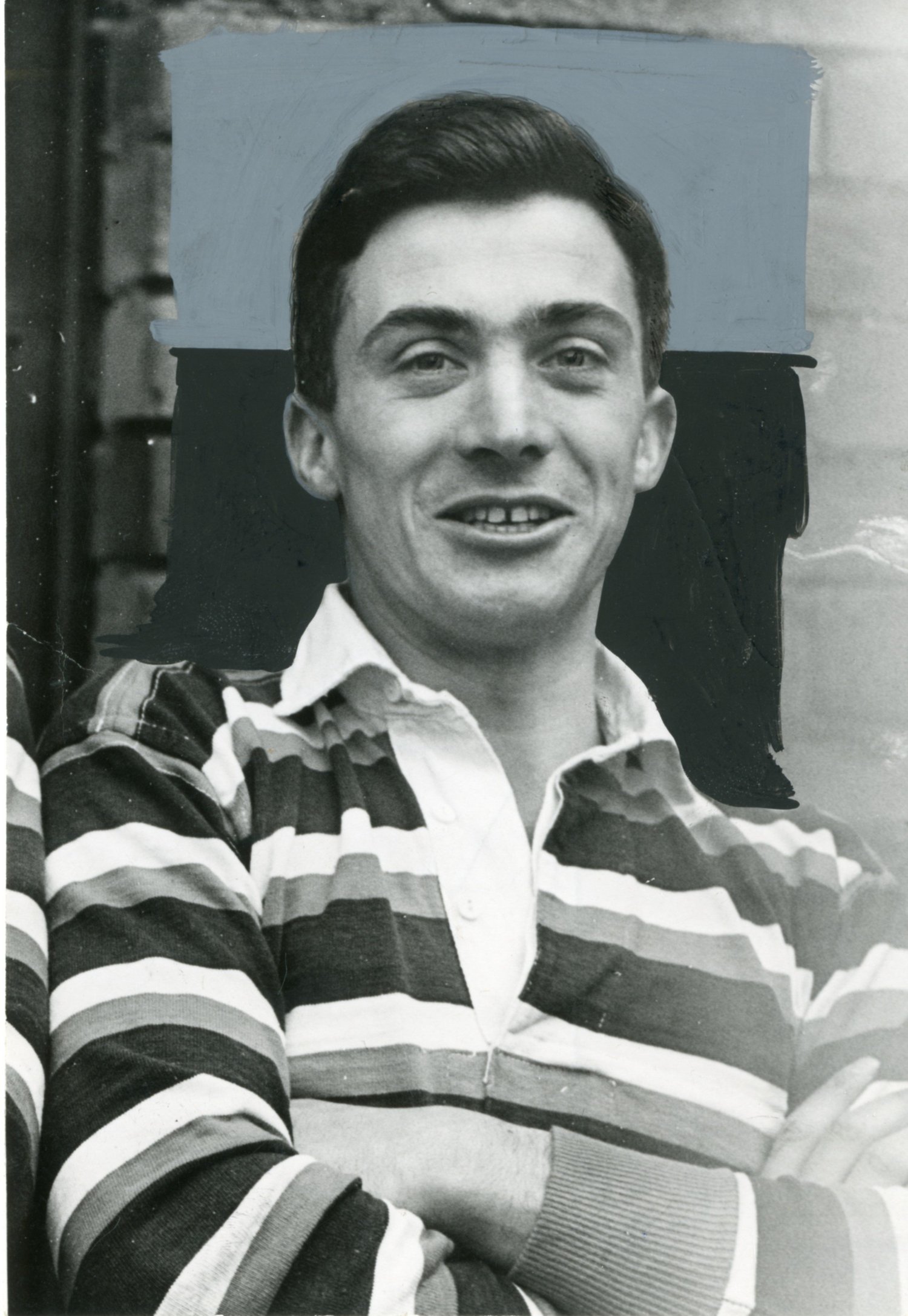
As coach, White took Tigers to a John Player Cup hat-trick between 1979-81 when it was the only means of forming comparison between teams following their own traditional fixture lists and before any league structure. Even more than the results, though, he drove the team’s philosophy and the players’ development, presenting a platform on which Leicester Tigers continued to work many years after his departure.
“The ethos of the club stemmed from him,” said former fly-half Bleddyn Jones in considering the inaugural Hall of Fame inductees during 2020.
“If you ask the great players like Dusty, Clive Woodward and Paul Dodge who was the greatest influence on their rugby career and as a person as well, they would say without a doubt Chalkie White.”
Peter Wheeler, captain of the great teams who recorded that Twickenham hat-trick before also coaching at the club and then becoming its first-ever chief executive as Tigers strode purposefully into the professional age, was in no doubt about the level of White’s importance even back in 1983 when he wrote: “Many people deserve a share of the credit for what the club has done, the lion’s share must go to him.
“His influence was cast, not only on the team but on players as individuals. He loves the game as an art form, for the potential any 80 minutes may bring, not merely as an exercise to be reduced by a coach to the nuts and bolts.”
Herbert Victor White had been born into a farming family in Carlisle, and he also served in the Royal Navy before joining Leicester as a player when he took up a teaching post at Nottingham High School.
A total of 147 appearances for the club and appearances for three County representative sides proved he was a decent operator at scrum-half, playing alongside fly-halves including England international Phil Horrocks-Taylor who earned a Lions call-up in 1959.
An illness which ultimately ended his playing career had cost him 18 months on the sidelines, but the opportunity to make a more lasting impression came just as the club was taking its first steps along the route to providing outside influence for the players at the instigation mainly of Kiwi forward Colin Martin and colleague David Matthews.
By 1968, White had become unofficial club coach though, as history records, the role was not without a degree of resentment from members of the committee who thought it was vaguely ‘unsporting’ and from senior players used to working by themselves.
White had got the call due to his close relationship with Matthews and there could be few higher recommendations. Leicester had found the right man available at the right time.
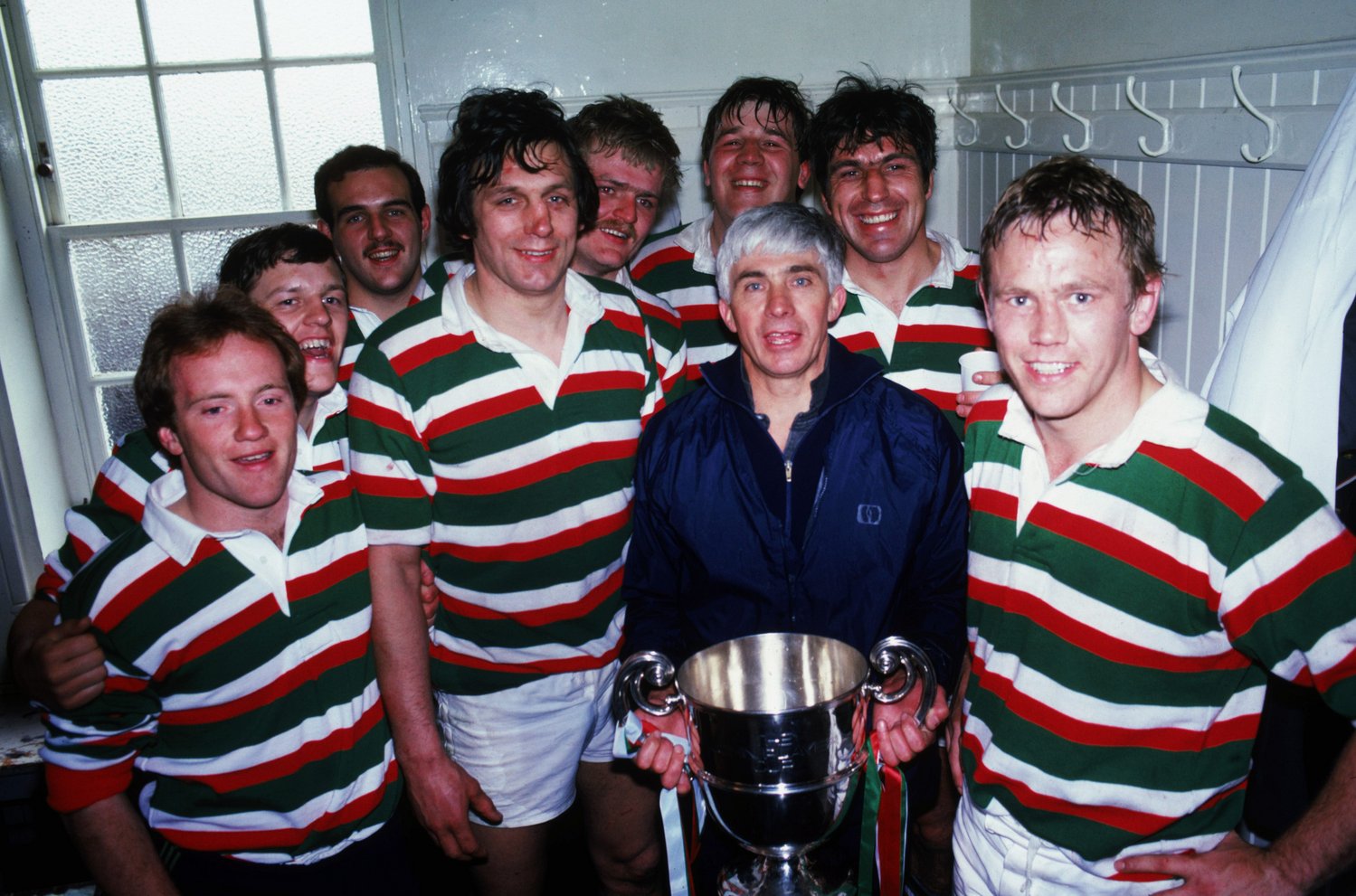
It was not all plain-sailing as White cut his own furrow but the role continued to develop alongside captains including Graham Willars and Wheeler.
A keen rugby brain burnished from experience from the North-West to the West Country and the East Midlands combined with a teacher’s mindset to form the tracksuited force that White became.
He still missed out on becoming England coach despite having credentials to outstrip his rivals but, after 30 years in teaching and more than two decades as a Tiger, in 1983 White joined the RFU coaching panel and became one of its new technical administrators based in the South-West where he had played his rugby before settling in Leicester.
As journalist David Hands records in the Tigers History Book, “it was a most unlikely marriage” as he had at times been immensely critical of the rugby establishment.
Looking back on his time at Welford Road, White concluded: “If I have given every player the opportunity to play to his potential I am satisfied.”
Alongside the Cup Finals, the memorable club wins including those over Fiji and Aussie giants Randwick, the style and the competitive confidence of his teams, there is a lasting legacy in the standards set for the club and in the development of teams which included future England coaches Clive Woodward and Les Cusworth, as well as Wheeler, Dosser Smith, Robin Cowling, Paul Dodge and others who also coached at a high level.
As former skipper Wheeler recalled memorably: “One of his sayings has almost passed into rugby legend: ‘Let other tell you how good you are, I will tell you how to be better’.”
Friday is Hall of Fame Day on the Tigers website, look out for another profile of a club all-time great next week.
Fantastic scenes at Welford Road during the half time break as the 1979 John Player Cup winning team do a lap of the pitch, 40 years on from their famous victory. pic.twitter.com/U7aMqYyO8o
— Leicester Tigers (@LeicesterTigers) April 27, 2019

